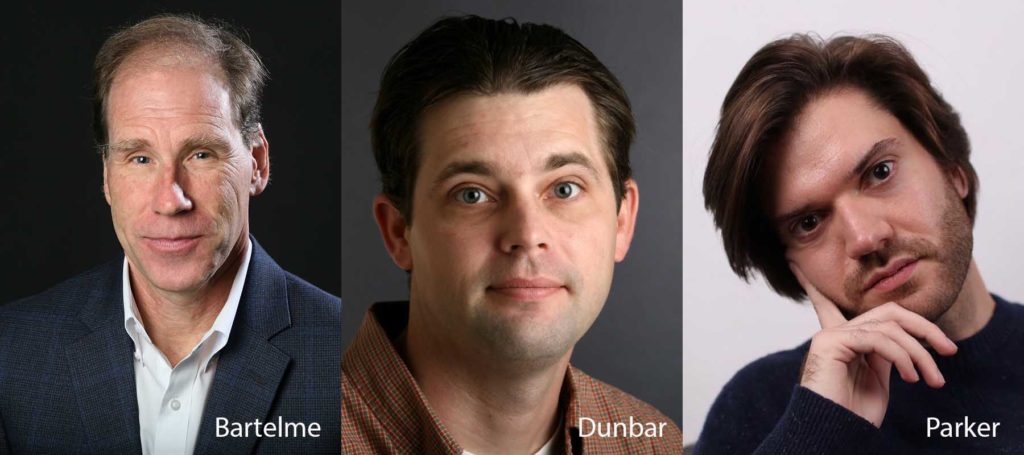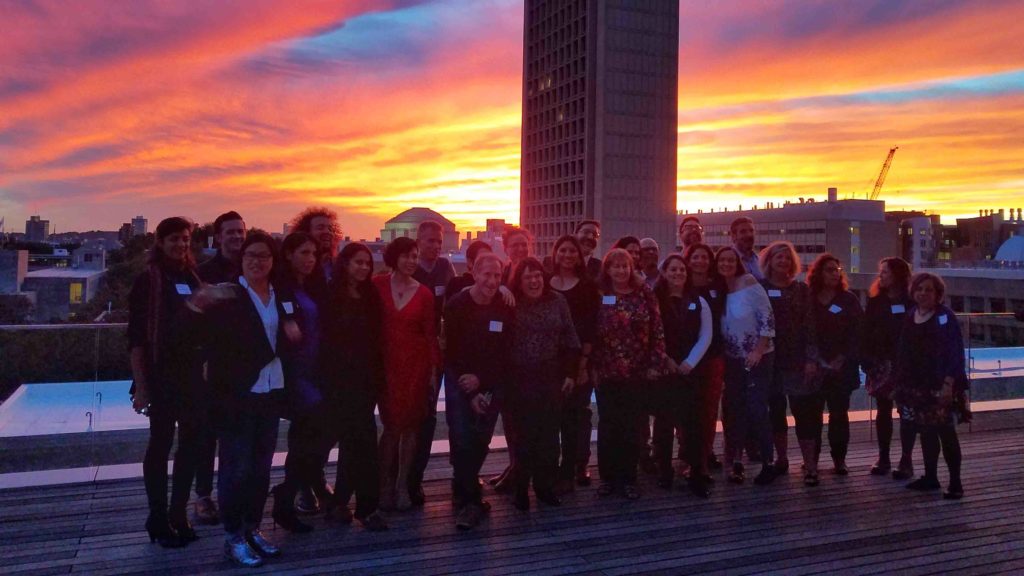Reporters from the Charleston Post and Courier, the Seattle Times, and the Tampa Bay Times are among the honorees of the inaugural Victor K. McElheny Award for local and regional science journalism, presented by MIT’s Knight Science Journalism Program.
Victor K. McElheny Award Now Accepting Entries
The award will recognize one outstanding work of journalism — print, digital, or broadcast — with a $5,000 prize. Submissions will be accepted through January 31, 2019.
The Knight Science Journalism Program Celebrates 35 Years
On a crisp autumn evening punctuated by a postcard-worthy sunset, MIT’s Knight Science Journalism Program honored its founder, launched a new science journalism award, and celebrated 35 years as one of journalism’s preeminent fellowship programs. Some one hundred attendees — including current and former fellows, current director Deborah Blum, and three of the program’s previous […]


 "
" "
" "
"